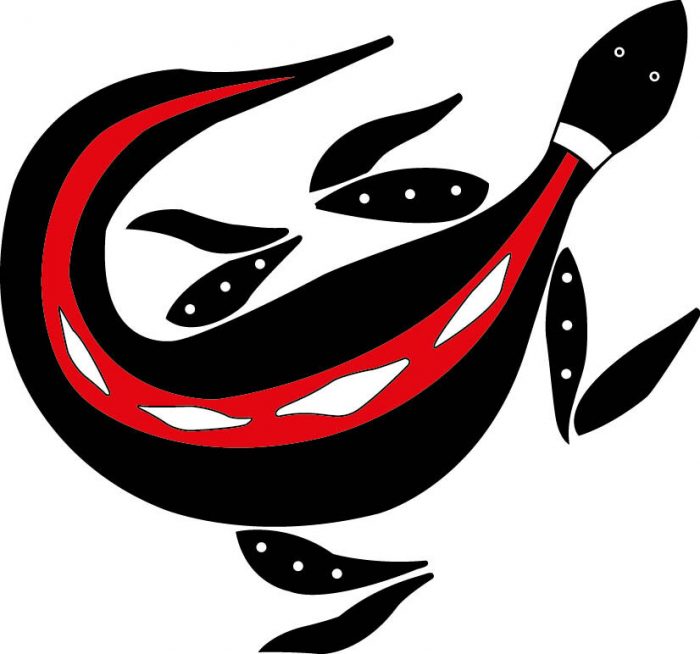We are looking for a PhD student interested in studying the evolution of colour signals in lizards. The overarching aim of the project is to study adaptive co-variation across and between lizard colour patterns/signals in relation to socio-ecological factors (e.g. mating system, environmental conditions) and individual traits (e.g. age, sex, size, competitive ability, health or social status), and in a phylogenetic context. Among the specific aims of this project is to address some poorly understood questions in the evolution of animal colour signals. For example, this project will explore whether social and ecological factors affect the evolution of signal reliability, and whether different color-producing mechanisms place different constraints on the evolution of chromatic signal honesty and reliability.
The research project involves extensive fieldwork in Europe (Mediterranean basin) and potentially in Australia. The student will be mainly based at Macquarie University, Sydney but, conducting field/experimental work in Europe while based at the Cavanilles Institute of Biodiversity and Evolutionary Biology (University of Valencia, Spain). The PhD will be co-supervised by Dr. Martin Whiting (Macquarie University, Sydney) and Dr. Pau Carazo (currently at the University of Oxford but moving to the University of Valencia before the beginning of this PhD), with the possibility of obtaining a joint PhD from both Universities.
For further information, please contact Martin Whiting (Macquarie University; martin.whiting@mq.edu.au) and/or Pau Carazo (University of Oxford; pau.carazoferrandis@zoo.ox.ac.uk).
PhD scholarship:
Candidates would apply for an international scholarship at Macquarie University and should have a relevant Masters degree (e.g. Animal Behaviour, Behavioural Ecology, Evolutionary Biology, Ecology). Students that are competitive for these scholarships tend to meet at least two of the following criteria: 1.) publications in refereed journals (at least 1); 2.) rank in the top 10% of their class; and/or 3.) have academic prizes.
We are looking for a motivated, enthusiastic, hard-working candidate with background in animal behaviour, evolutionary biology and/or animal communication, and who is keen to do fieldwork, as this will constitute an important part of their work.
